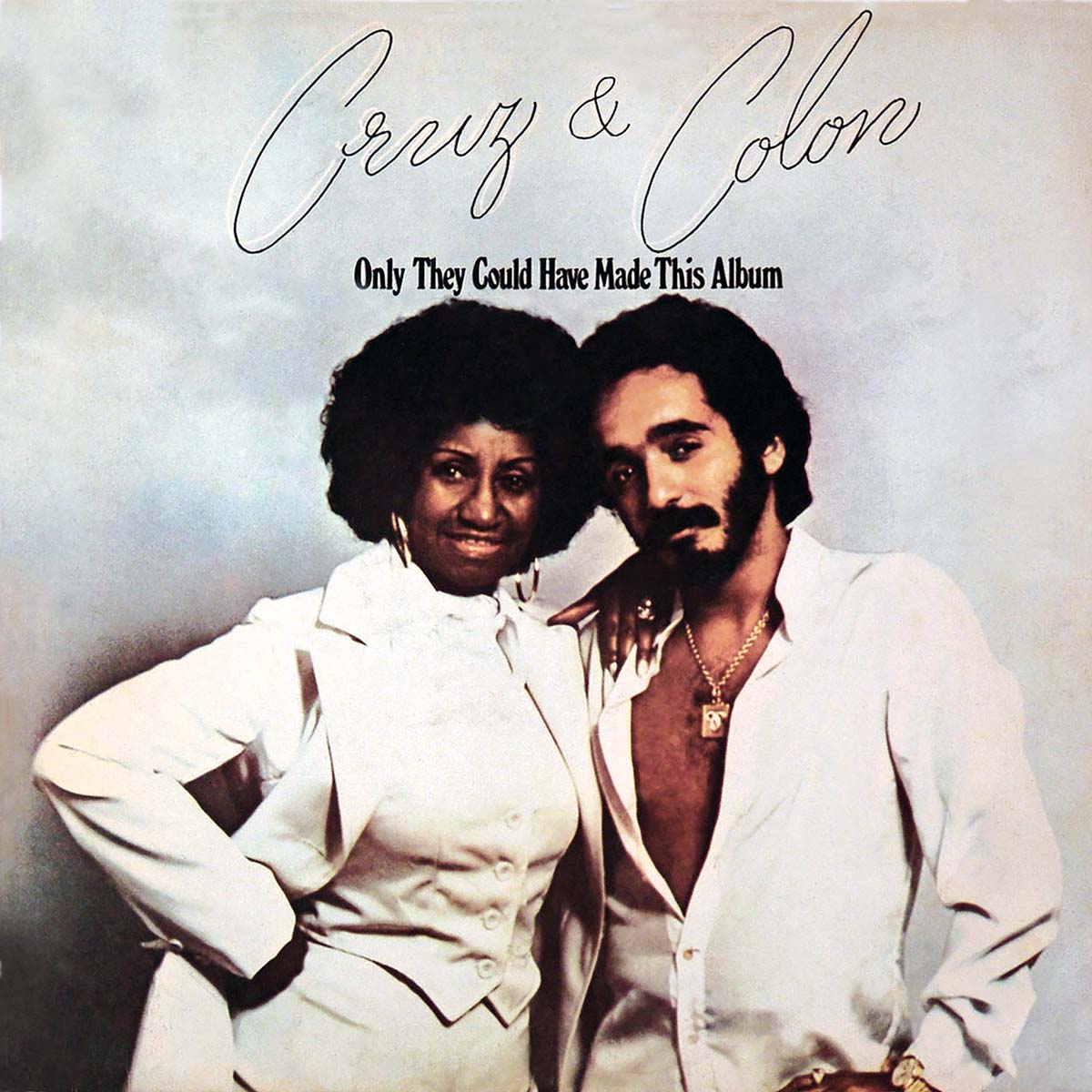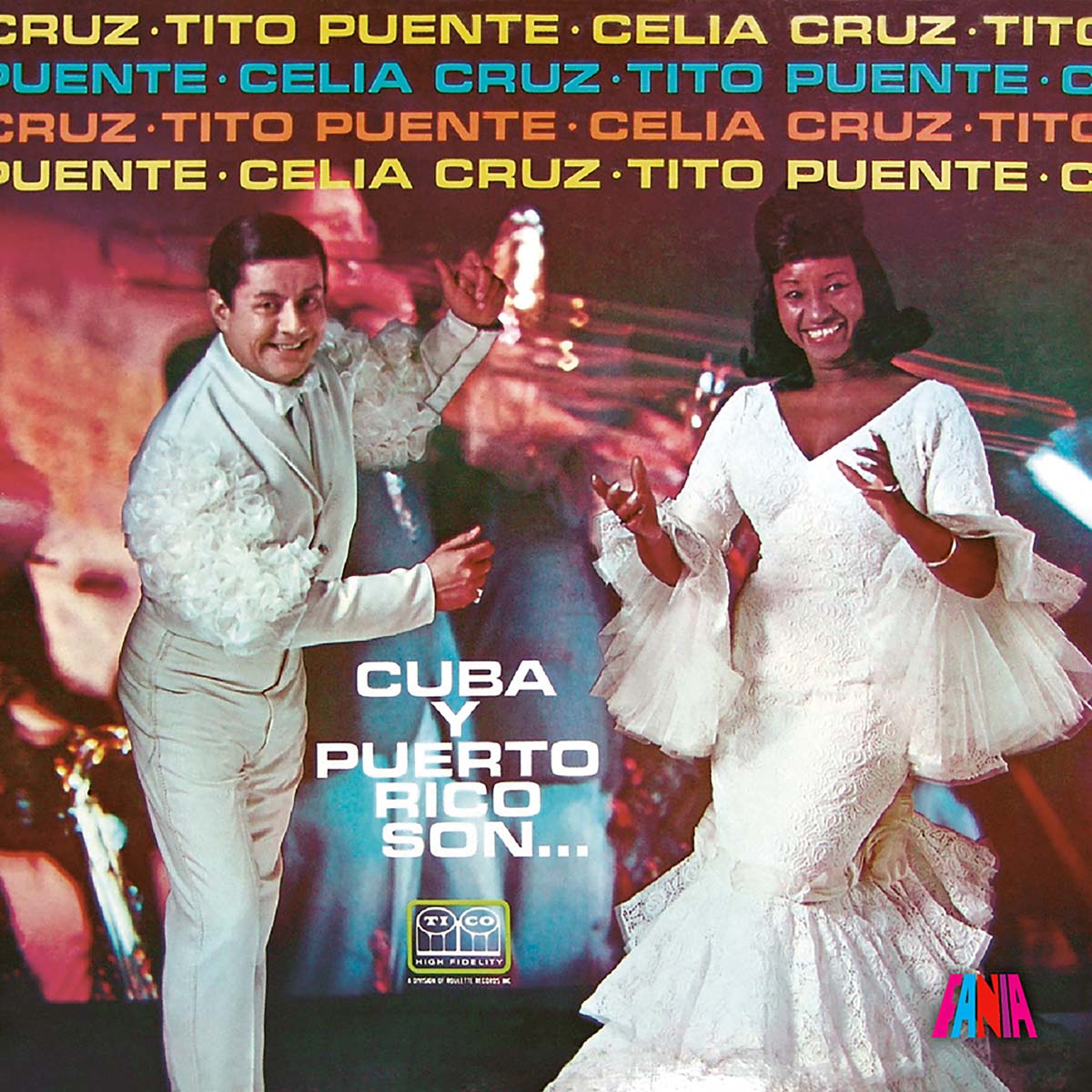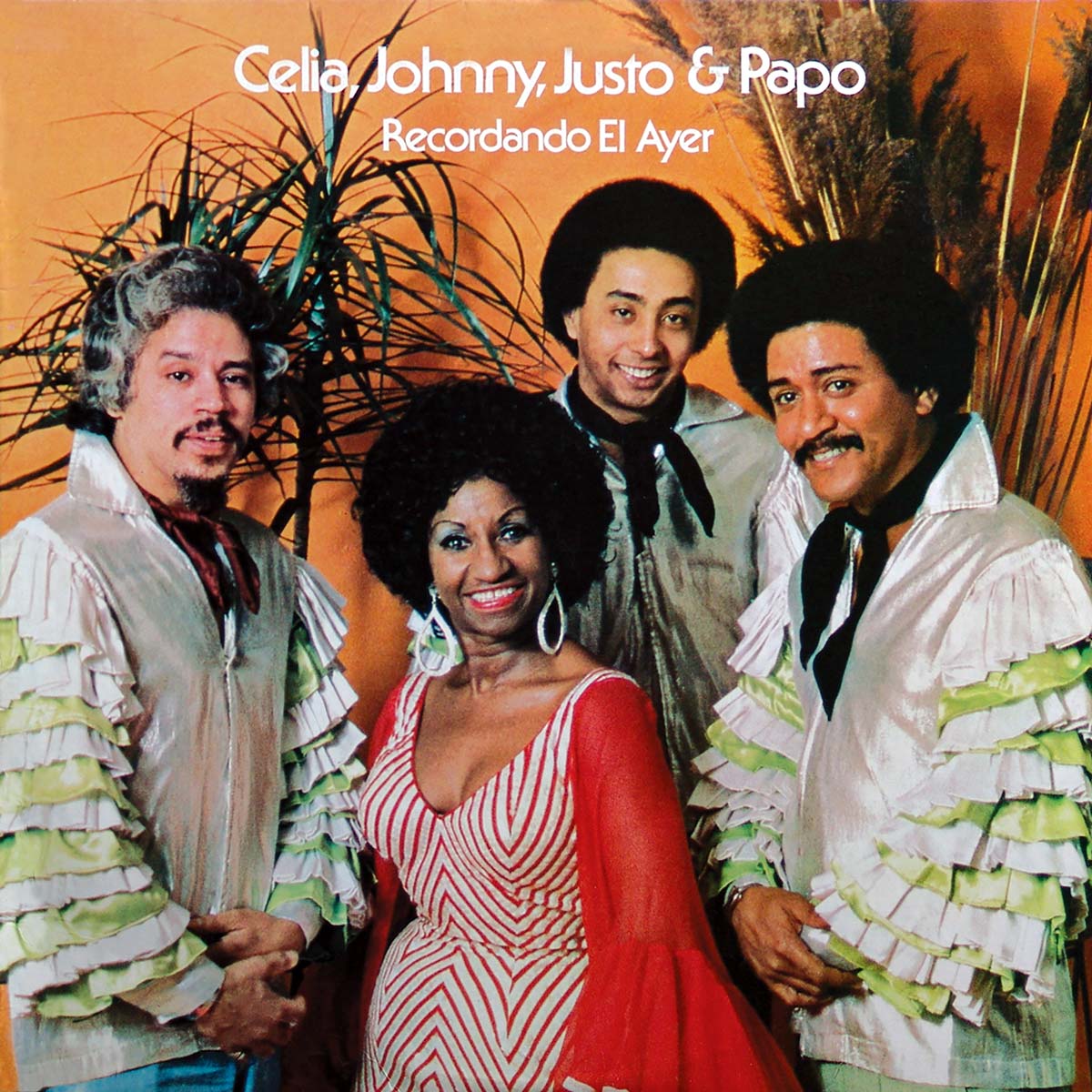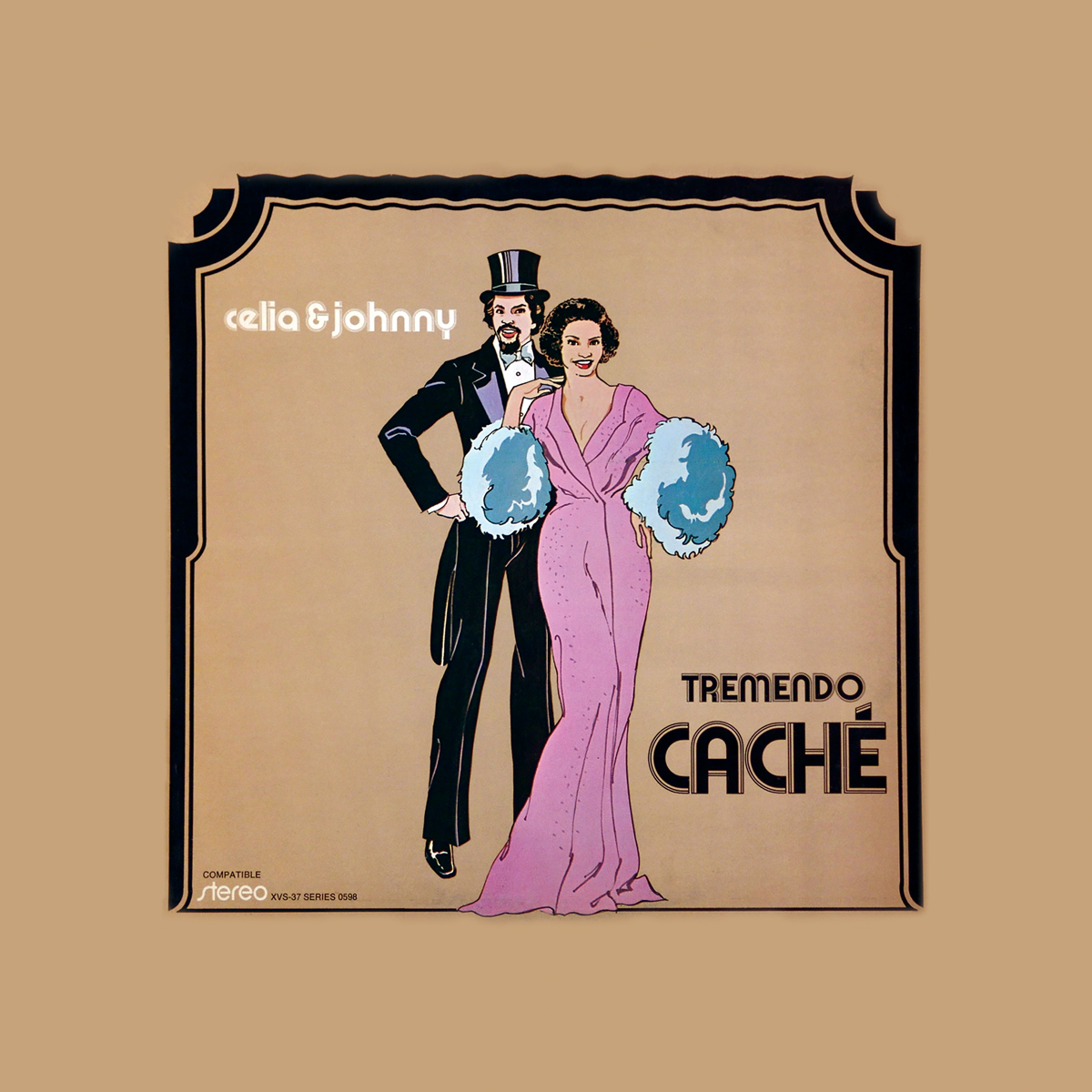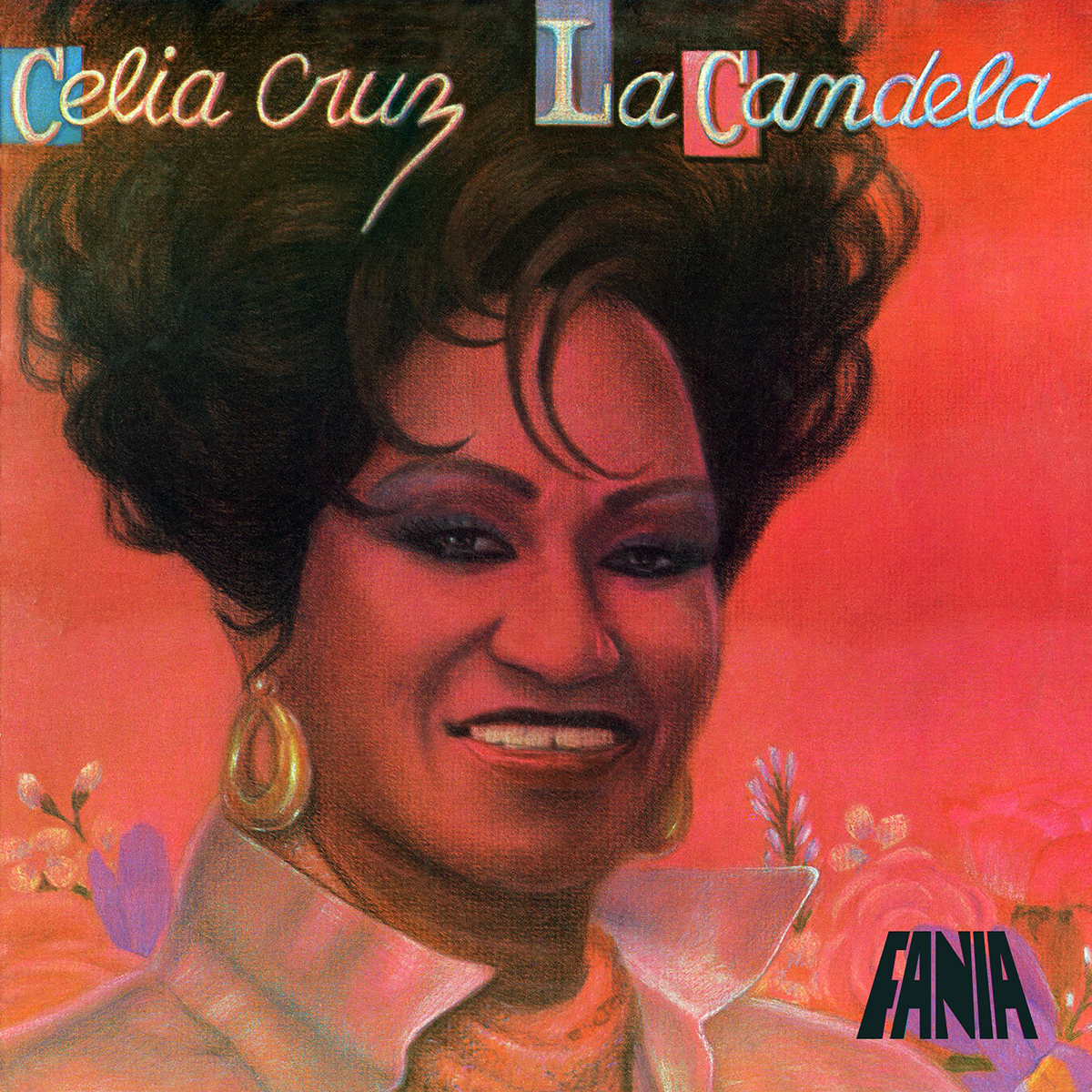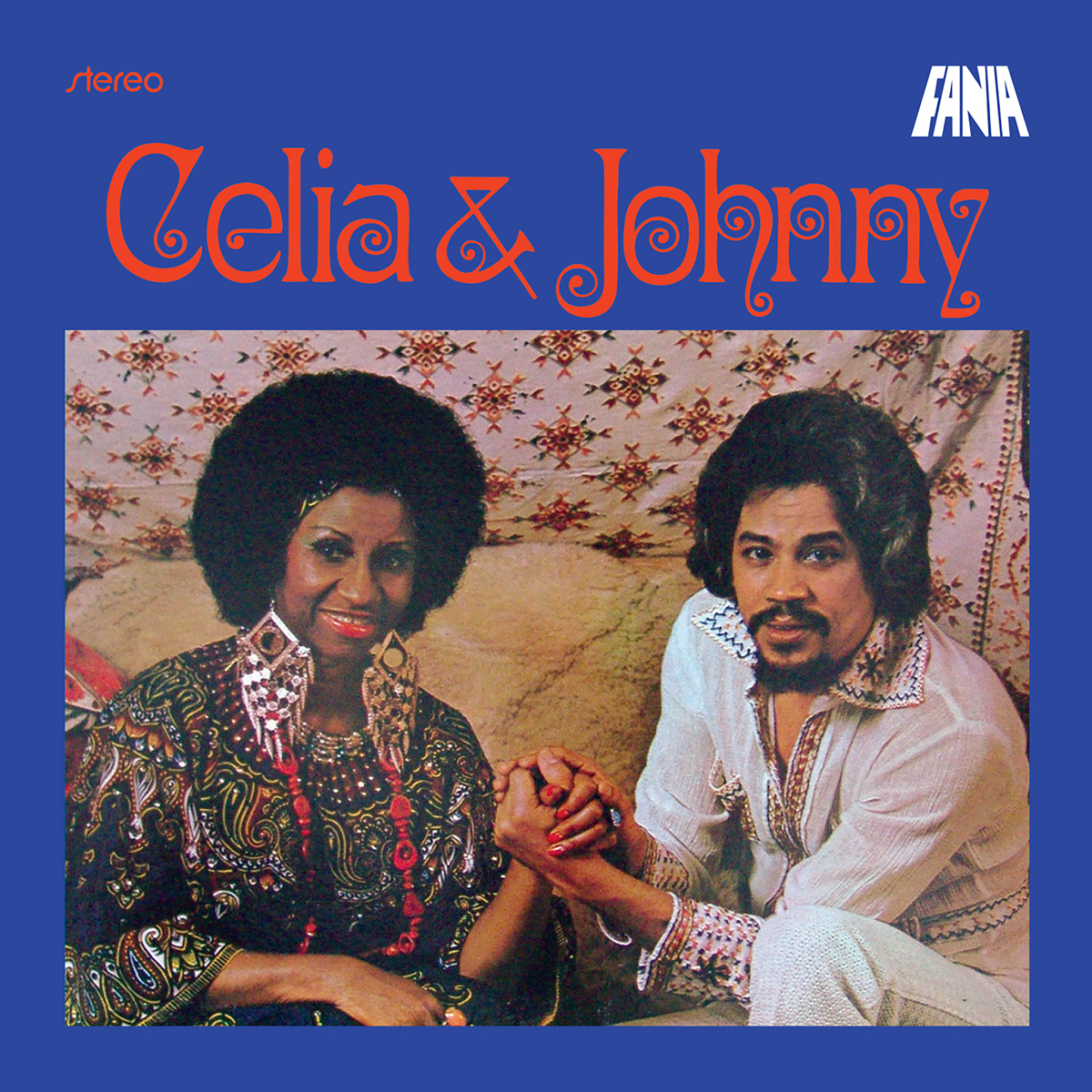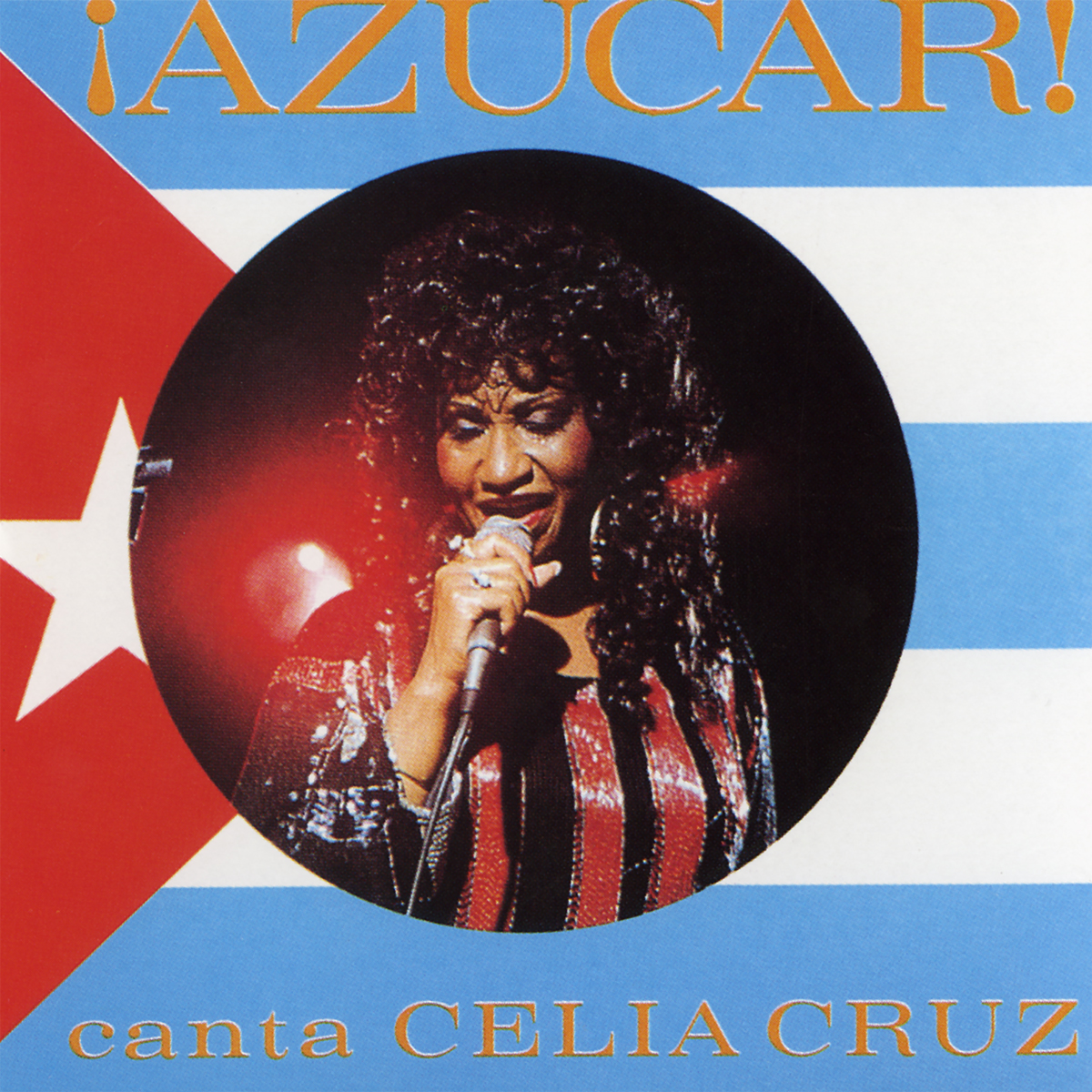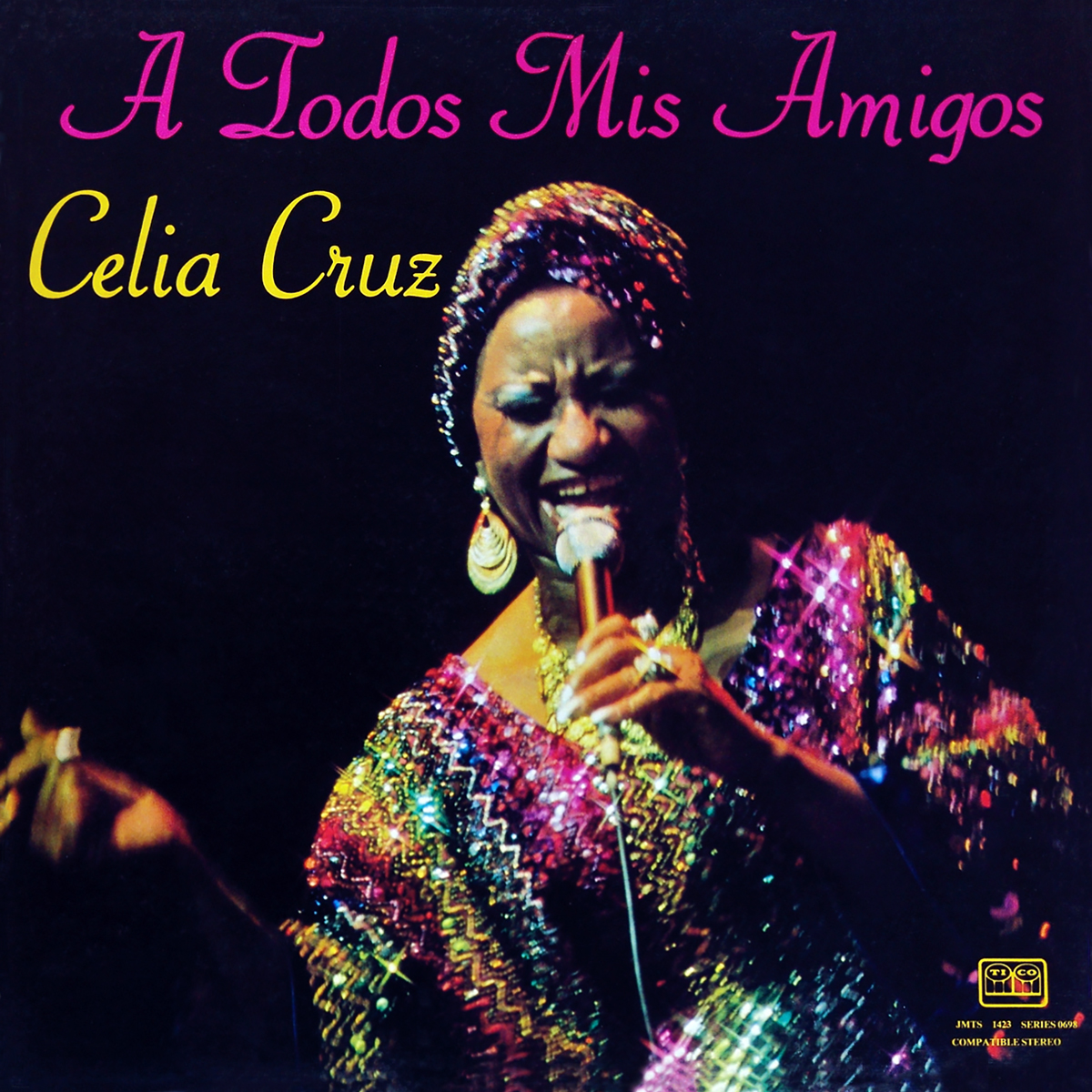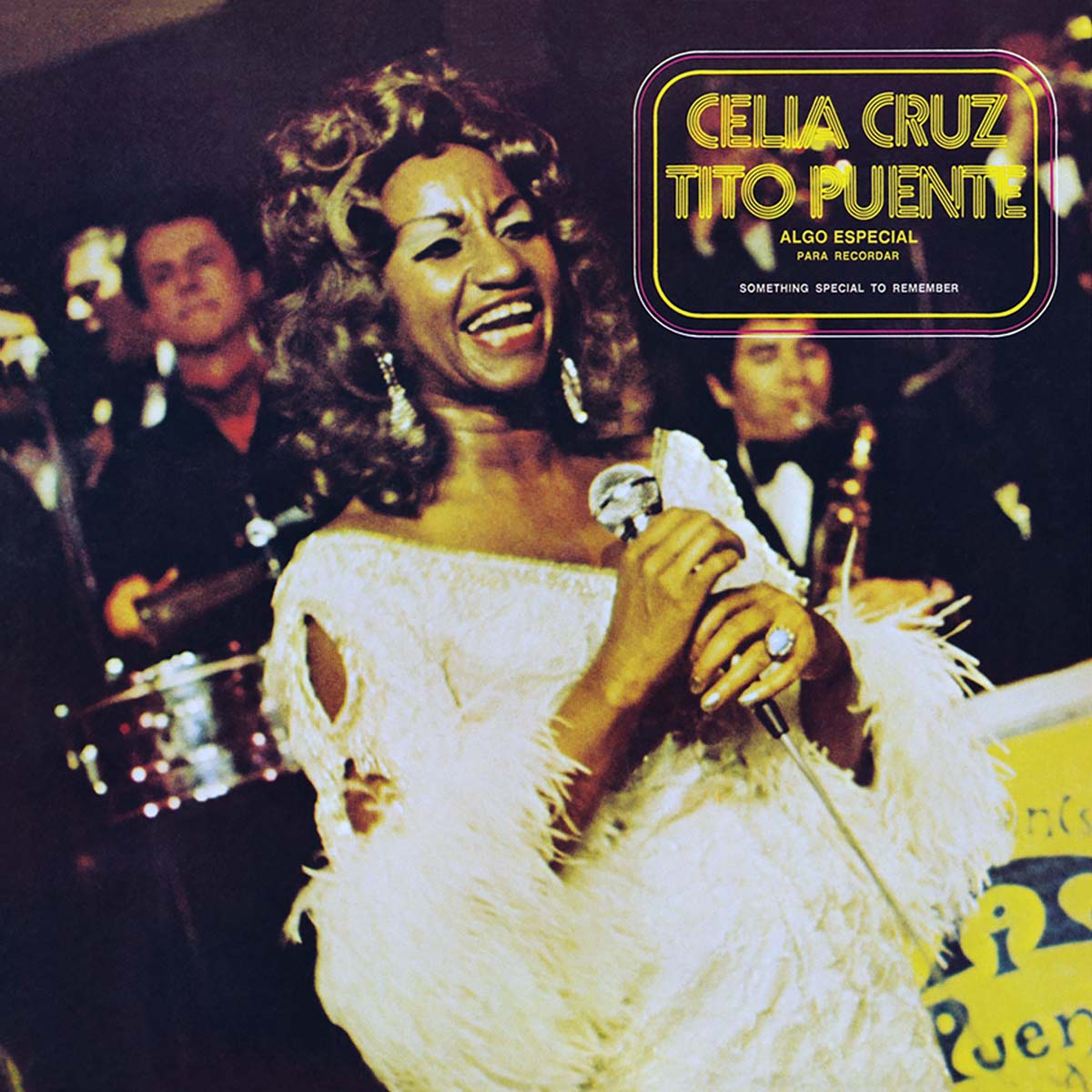
Released in 1972, Algo Especial Para Recordar was the last in a series of excellent LPs that the late Cuban diva Celia Cruz and Nuyorican timbalero Tito Puente recorded for the Tico label between the mid-’60s and the early ’70s. Just like previous Celia and Tito efforts like Cuba y Puerto Rico Son… (1966) and Quimbo Quimbumbia (1969), however, the album was a commercial disappointment. In a number of interviews, both Puente and Cruz blamed the lack of adequate marketing and promotion as the reason for the albums’ relative failure. But the youth of the time was also seduced by the psychedelic allure of The Beatles, and Anglo pop-rock in general.
Shortly after the release of this album, Celia would end her partnership with Puente. In 1974, her collaboration with Dominican bandleader and Fania co-founder Johnny Pacheco on the “Químbara” hit single and the Celia & Johnny LP would confirm her once and for all as the ultimate Queen of Salsa.
It was about time, too. Cruz had already demonstrated that she was one of the most luminous voices in the Afro-Cuban landscape when she became the star singer with Cuba’s seminal tropi-pop combo La Sonora Matancera. The combination of the diva’s passionate vocalizing with the mellifluous simplicity of the orchestra’s choruses, and the elegant punch of its trumpet-based sound was unforgettable.
Interestingly, most of the bandleaders who worked with Celia in subsequent decades, from Puente and Pacheco to Willie Colón, attempted to resurrect the Matancera aesthetic by re-recording many of her ’50s hits with the band.
Puente in particular was enamored with the Matancera’s sense of swing. In her autobiography, Cruz stated that it was Puente’s dream to record an album that would sound “just like a Matancera session”, a dream that Cruz thought was simply impossible.
Algo Especial Para Recordar, in effect, contains new arrangements of four hits immortalized by La Sonora Matancera: the wonderful “Tatalibabá,” which was also performed by Puerto Rico’s El Gran Combo; the fiery “Boncó”; the seductive “Dile Que Por Mí No Tema”; and the classic “Cao Cao Maní Picao.” The latter was the first tune that Celia recorded with La Matancera, for a 1951 78 rpm single that included “Mata Siguaraya” as its b-side.
Puente’s arrangements bring to mind some of his previous masterpieces like Dancemania and Cuban Carnival. Tropical aficionados with a weak spot for the jazz inflected, big band sensibility of New York’s Afro-Caribbean sound may actually prefer Puente’s versions of these songs to the Matancera originals.
The timbalero’s lush orchestrations are particularly effective on the album’s two boleros: the solemn “Extraño Amor” (Celia’s voice positively soars on this melodramatic nugget), and the more rhythmic bolero-cha “De Noche.” This is timeless stuff, going beyond the parameters of so-called “dance music” for the creation of something transcendental.
Listening to this remastered edition of Algo Especial Para Recordar underscores the fact that history has been somewhat unfair with Celia’s discography. Most people remember Celia through the harmless (and sometimes questionable) hits that she recorded in her later years. Other focus on the sheer electricity of her albums with Pacheco, Colón and Ray Barretto. And the true nostalgic continue to venerate those early Matancera sides.
Few, however, remember the beauty of Celia’s ’60s output, the time when she had just left her beloved Cuba behind, and was eager to succeed as a solo artist through her records with Puente in New York and Memo Salamanca in Mexico. It is a chapter in Celia’s legacy that deserves further recognition and respect.
Credits:
Lead Singer – Celia Cruz
Producer – Joe Cain
Recorded at – Broadway Recording Studios, N.Y.C.
Musical Arrangements – Tito Puente
Recording Director – Tito Puente
Recording Engineer – Pat Jaques
Original Album Photography – Thomas Rodríguez
Original Album Design – Ely Besabel
Written by Ernesto Lechner


